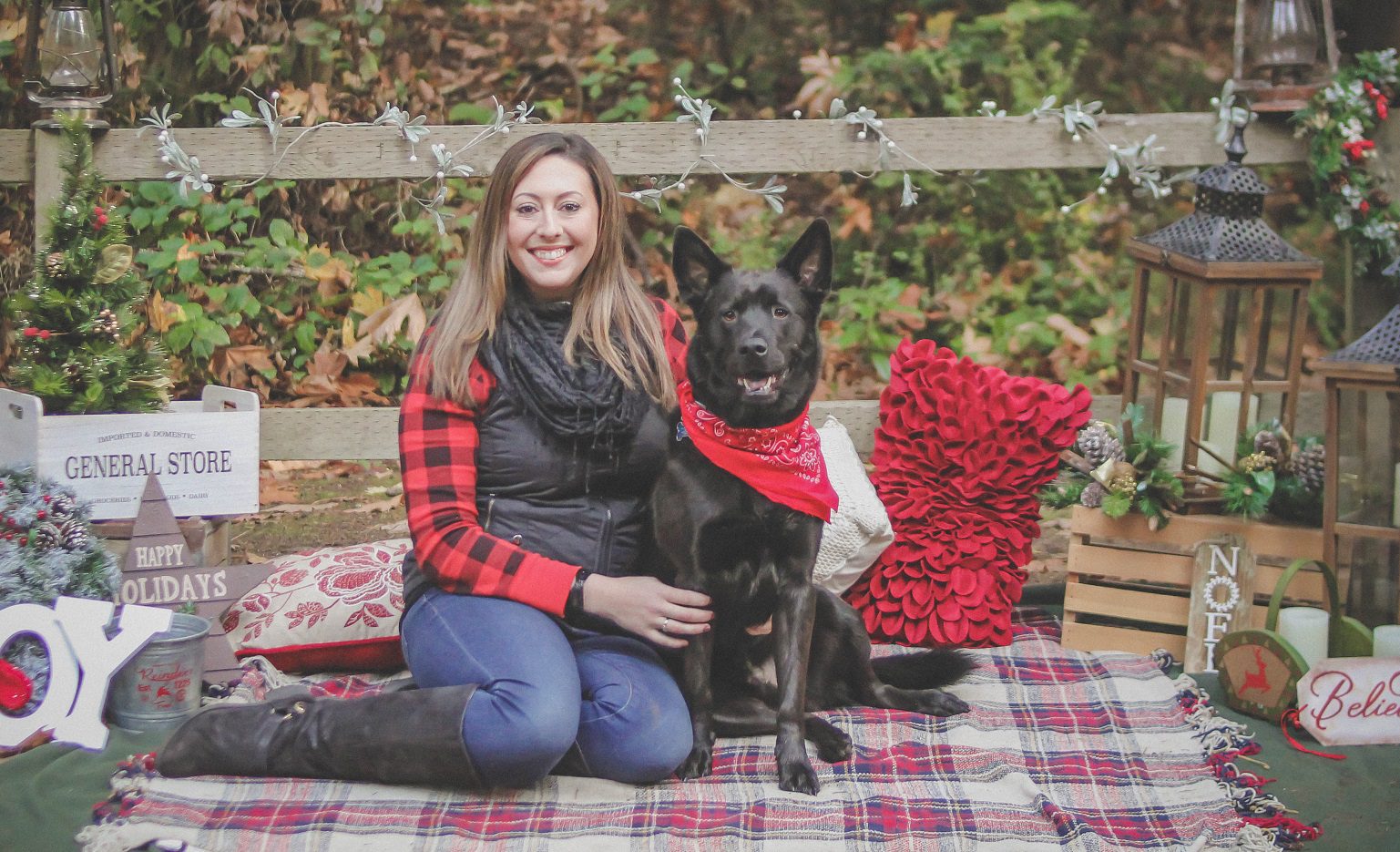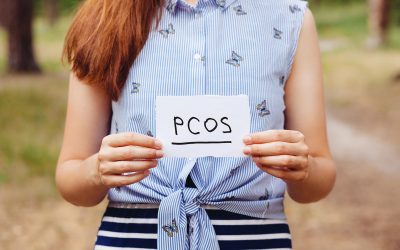By Kate – PCOS Patient at SRM
Like many women, my PCOS symptoms started to show up in my mid-late teens. I spent many years in and out of doctor’s offices for symptoms and even in the hospital for ruptured cysts without ever getting a diagnosis, or even having someone mention PCOS as a possibility. Around the age of 30 I went off birth control after taking it for 15 years (which I was told to do because of ruptured cysts). My body went haywire, physically, emotionally, mentally. I was a wreck. I felt so alone and scared, I had no idea what was happening to me or how to fix it.
Thankfully, my years of education taught me how to do proper research, and I began my journey of self-discovery and self-diagnosis. I gathered as much research as I could, tracked my wide range of symptoms, and about six months later presented my findings and data to a new doctor. To my surprise, the doctor listened to me this time. I was diagnosed shortly after and my life has changed for the better since that time.
As with most of my ‘cysters’ (as we like to call ourselves), I still suffer symptoms and have my ups and downs with PCOS, but now I have knowledge and the power to combat symptoms when they get out of hand.
While working on my masters degree in social work I focused many of my research projects on the impacts on mental health with PCOS. I, like many women, was incorrectly diagnosed with a mental health disorder by a psychiatrist who had no understanding of PCOS and its common symptoms of depression and anxiety. During my time researching this topic, I had the pleasure of interviewing dozens of women who suffer with PCOS. Hearing their stories of pain, fear, and heartbreak was an eye-opening and motivating experience for me. It made me realize just how little support and research is available for those with this extremely common condition.
I have shared my findings with many women with PCOS who then came back and thanked me, stating that none of the doctors they have seen have ever discussed mental health with them and they now felt empowered to speak to their doctors about what they were going through. This is the sad reality of this condition, many doctors who do not specialize in this area are not aware of current research and findings, and they rarely discuss the impact of PCOS on mental health.
A long-term goal I have is to open my own practice that focuses on mental health counseling and education for those suffering with PCOS, to empower other women to take control of their bodies and advocate for themselves. Currently I am a part of multiple online support groups, and this is where I go to seek motivation, ask questions, and encourage others with this condition. I find that being a part of these communities has really helped me to feel less alone and isolated, a place to give and get support.
My current struggle with PCOS is the infertility piece of it all. During this stressful time, I am really trying to focus on keeping my symptoms in check, improving my mental health, and practicing good self-care. I know that I am not alone in this battle, and I am so encouraged by all the success stories I hear from other women who have been successful at conceiving with the help of SRM. I have been given so much hope since the start of this journey, and for that I am thankful. It really is nice to have a team of experts who really understand PCOS and infertility, and I have no doubt in my mind that treatments will be successful. Then I can go on to encourage other women to seek professional help instead of suffering in silence due to feeling ashamed or embarrassed. We are all in this together!
Learn more about PCOS and ways SRM can support you through our PCOS Wellness Program.




